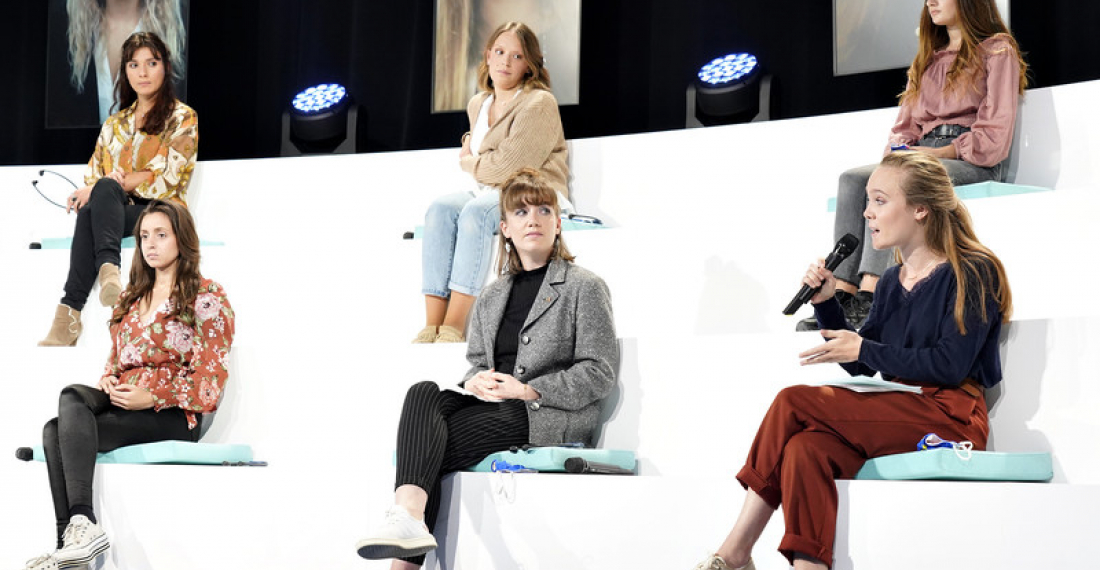The European Union's big project of consultation with its citizens kicked off in Strasbourg on 9 May - Europe Day
The Conference on the Future of Europe is meant to provide an opportunity for all EU citizens to participate in the debate on how the European Union (EU) should be shaped through a series of digital platforms and citizens' panels. Speaking at the event, the President of the European Commission, Ursula von der Leyen, said the conference should give a voice to "the silent majority" of Europeans.
Sunday's Strasbourg meeting was filled with big words by EU leaders. There was talk of "a new beginning", the "next generation of Europeans" and "a democratic wind". Von der Leyen spoke of the opportunity "to simplify" the EU "and make it more 'down to earth' where necessary".
The initiative for the Conference on Future of Europe came from the President of France, Emmanuel Macron. However, due to the current COVID-19 pandemic and discussions on the conference structure, it took two years to get started.
While the aim is to exchange views with Europeans, non-EU citizens resident in the EU will be able to participate too.
In a year, there should be recommendations on the table that align with what has been achieved. All EU Member States will then look to adopt the recommendations.
The Conference on the Future of Europe is jointly chaired by the presidents of the three EU institutions: the president of the European Parliament, David Sassoli; the prime minister of Portugal, António Costa (on behalf of the Presidency of the Council); and the president of the European Commission, von der Leyen. On 19 April 2021, the multilingual digital platform of the Conference (https://futureu.europa.eu/) was launched.







